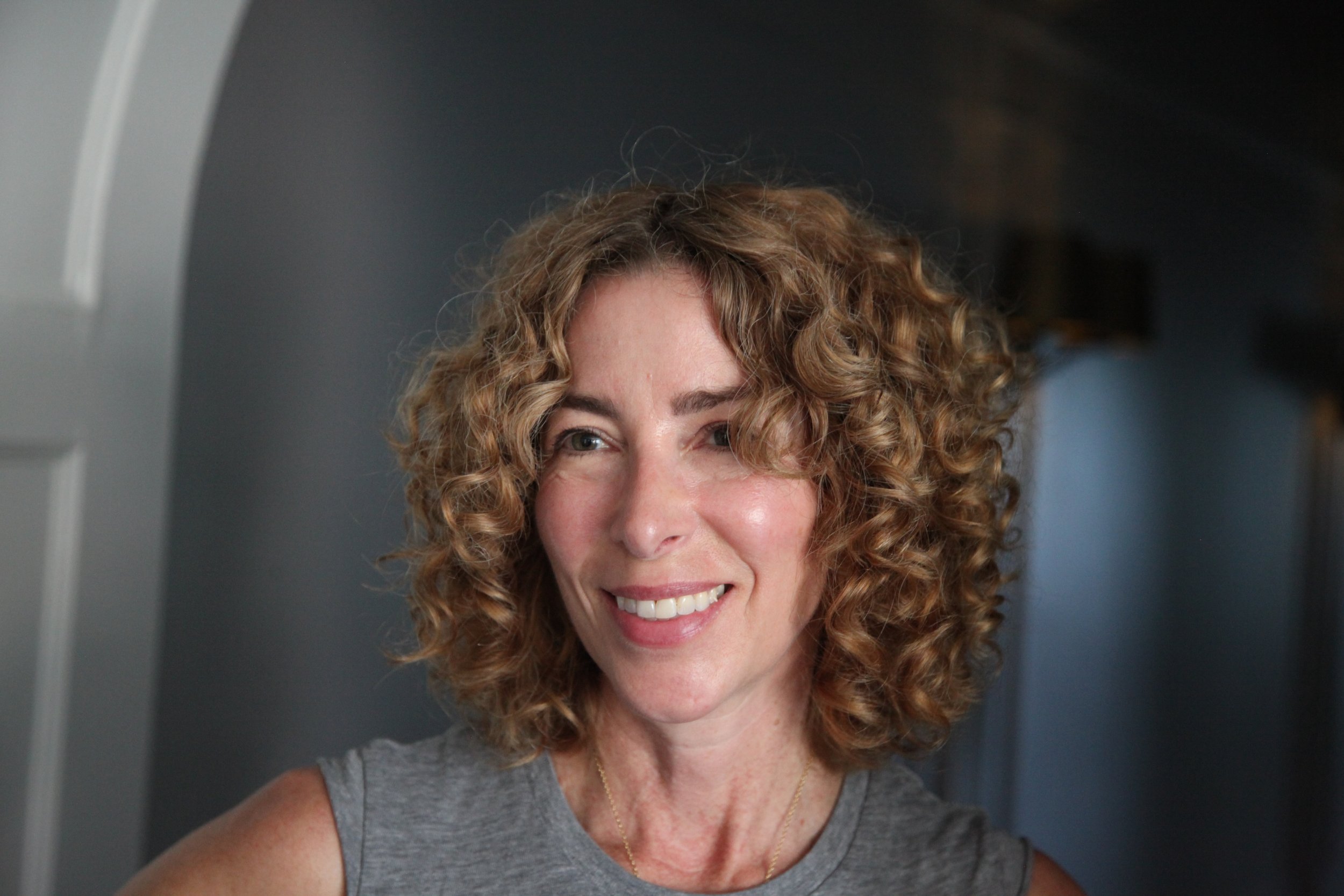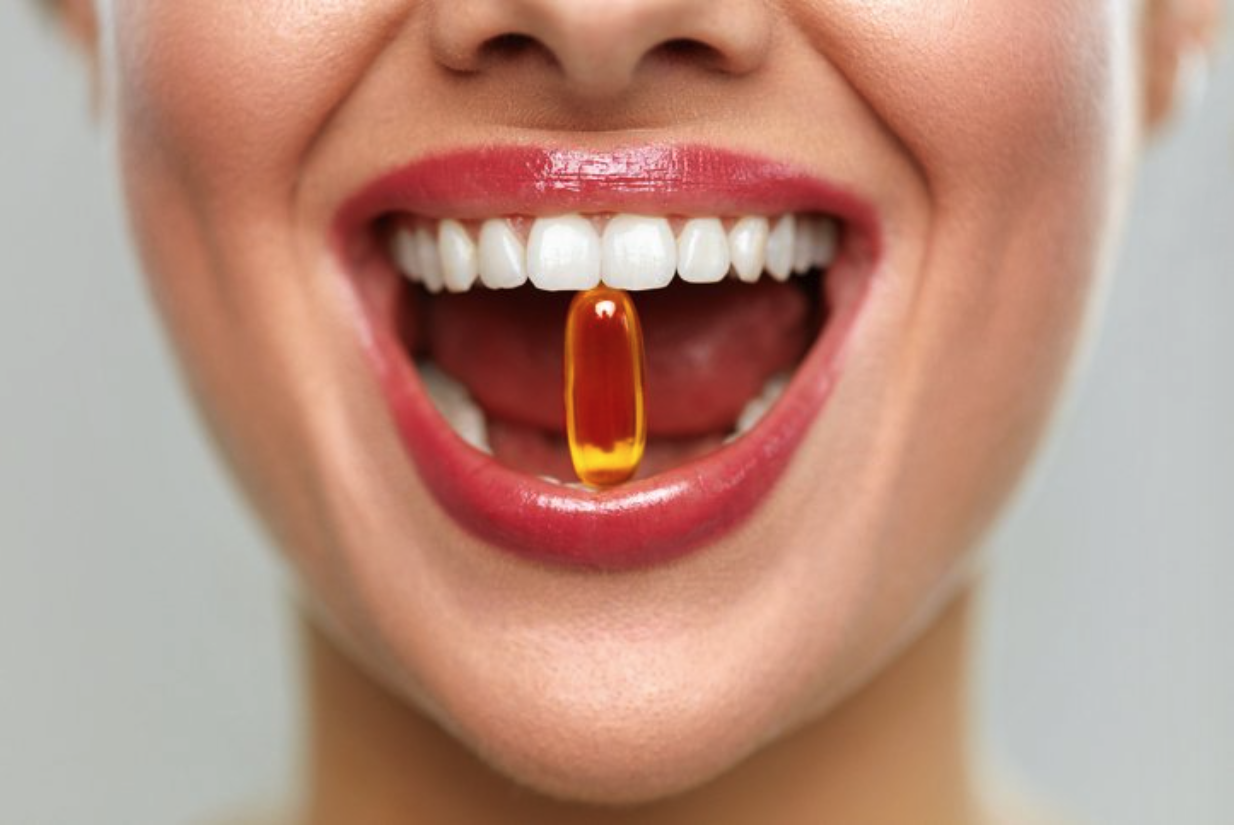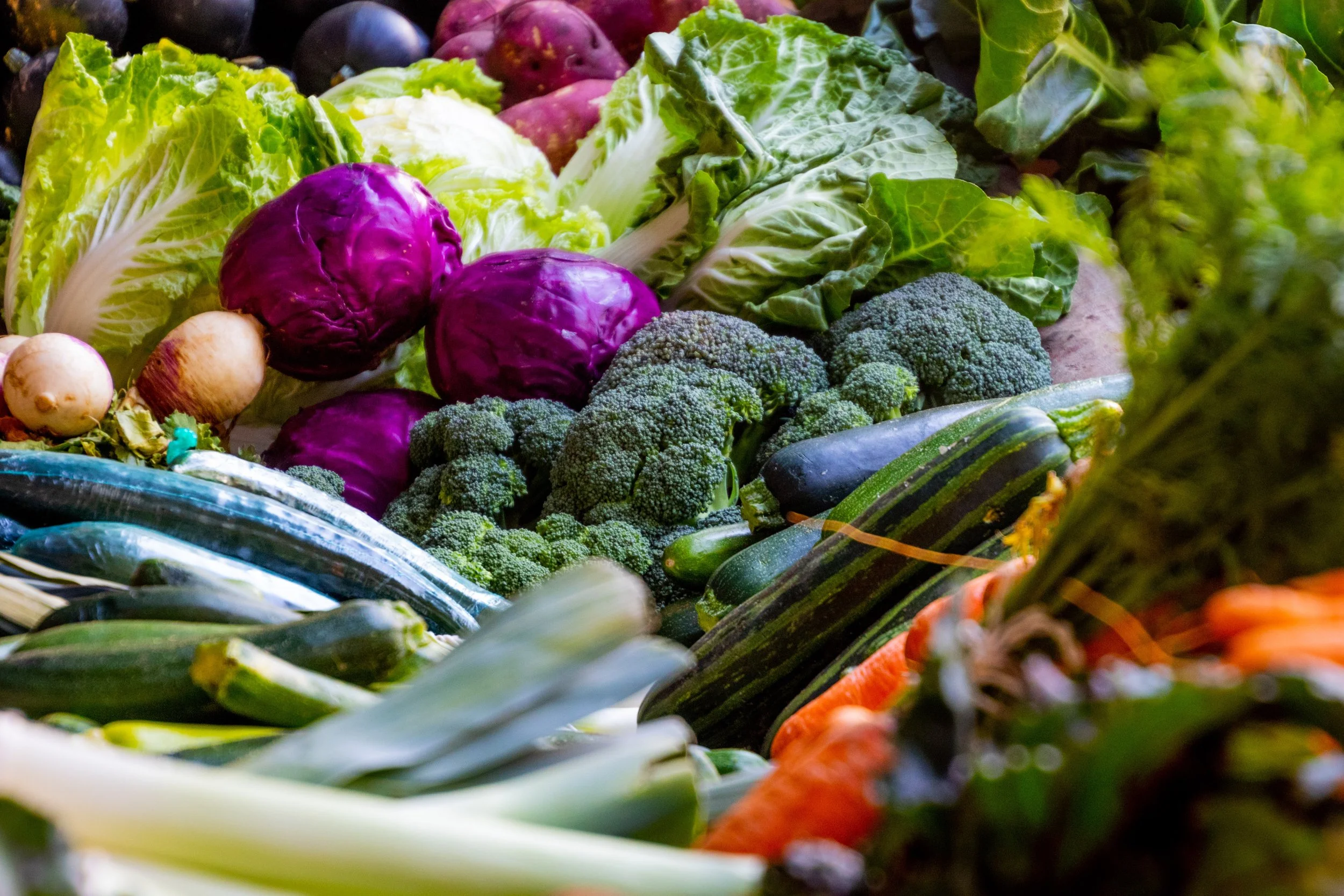Thinning hair and balding used to be an acceptable part of aging among men & women, but now we are seeing it with younger folks on a larger scale. There are many reasons why people may experience hair loss. What if you could know just what your body needs to turn your hair loss around? Testing your genetics and micronutrient status is a robust place to start your hair growth journey.
Read More‘Tis the season for the holidays. If you’re already living a healthy lifestyle, then you know how to stay on track during the holiday season. If you’ve recently started a new health journey, staying on track may cause some anxiety in you. Curating a positive mindset and setting intentions are the most important steps to take. These 10 strategies will help you set yourself up for success.
Read MoreMany people take supplements. But, what if you were taking supplements that you don’t need? What if you were taking supplements you actually did need, but not in the correct doses or forms? What if you were missing the boat altogether and taking supplements that your body doesn’t need? People hear about supplements from podcasts, reading articles, their friends and family, and from misinformed doctors and practitioners and end up taking a handful, or two, of supplements that may be doing their body more harm than good. The best way to know exactly what you need is by testing.
Read MoreStress, poor lifestyle and diet can affect hair loss. Genetics, genomics and micronutrient deficiencies also affect hair loss. Testing in these areas may be part of the equation you’ve been missing. This is not where I started, but certainly wished that I had, especially being a health coach. Genetics and genomics play a huge role in overall health and disease. We are born with our passed down genetics from our mom and dad, but that certainly doesn’t mean that they define us. Genomics refers to the study of a person’s genome, or the totality of one’s genes. Micronutrients refers to the vitamins and minerals your body needs in order to produce enzymes, hormones and other essential substances needed for healthy growth and development. All of these factors are directly correlated to hair loss. Learn more about tests that can help you start a more meaningful, effective and personalized path to healthy hair growth.
Read MoreNew Year’s Resolutions come and go. Lifestyle changes made with intention, built on small foundational steps, and with the guidance of a professional, tend to stay. While many people look at January 1st as the start of a new healthy habit, most will quit by week 3 because they weren’t prepared, didn’t do the work to discover their WHY and thought that following someone else’s lifestyle instead of doing what was right for themselves, was a good idea. Becoming a vegan, or plant-based, is high up on many people’s list this year. But, is this the right choice for you?
Read MoreWhen I start working with a new client, we go over their current lifestyle, including what they eat in a typical day. I find that some of my clients start their day off with a blended juice, either freshly made in their home or at their local juicing shop. Some are looking to lose weight, clear up acne, balance hormones, increase energy and libido, and detox. Juicing in the morning is a better choice compared to instant oatmeal, frozen waffles, or a bowl of sugar-laden cereal when compared to the Standard American Diet, but is it optimal?
Read MoreMagnesium is an essential mineral, meaning that our body does not make it and we need to eat foods high in this mineral and possibly supplement with more. Magnesium is needed for over 300 biochemical reactions in the body, including maintaining normal nerve and muscle functioning, supporting a healthy immune system, maintaining a healthy and steady heartbeat, and keeps our bones strong. Magnesium supports the production of energy in our cells, helps our muscles relax and recover from exercise and promotes better sleep.
Read MoreWhen you transition to a low-carb diet, such as the keto or carnivore diets, you may experience the “keto flu” and not know why it’s happening, or what to do about it. The “keto flu” can make transitioning to a low-carb diet miserable. There’s a transition period that may last anywhere from a few days to several weeks and there are reasons behind this and ways to support you feeling better. When you are eating the Standard American Diet (S.A.D.), your diet consists of many carbohydrates in the form of breads, pastas, muffins, cereals, sugar, soda, chips and other highly processed foods. When you drop the carbs, your kidneys will release water and sodium, resulting in rapid weight loss, more frequent urination and an imbalance of electrolytes.
Read MoreThere’s a plethora of lotions, toners, potions, tinctures, serums, creams, masks, scrubs and more that saturate the walls of our favorite cosmetic stores, health food stores and online shops. Acne, eczema, psoriasis, sun spots, wrinkles, rosacea and loss of collagen are more than skin deep issues for us. They hit us with a wave of emotions that range from feeling embarrassed to feeling hopeless. We all want beautiful, smooth, glowing and youthful skin no matter what stage in life we are at.
Read MoreOur ancestors have been hunting and eating animal meat for 4 million years. Our brain grew in size and complexity because of meat. The carnivore diet is THE ancestral human diet, based on only eating from the animal kingdom. Sounds radical, I know. Don’t we need carbohydrates, including fiber, to thrive? Actually, no. There’s only two essential macronutrients needed for human survival and neither one of them is carbohydrates. The carnivore diet may sound extreme, and that’s because it is. Many people have found immense success at achieving their health and fitness goals on the carnivore diet while others use it as a 1-3 month metabolic reboot and then reintroduce select plant foods back in, often referred to as a keto-carnivore hybrid lifestyle. No matter what equation works for you, the goal here is to feel optimized and be metabolically flexible, meaning that your body can switch from using glucose or ketones (fat) for fuel without causing a downward spiral on your health. That takes patience, commitment and self-awareness.
Read MoreIt’s estimated that about 30 million women in the U.S. experience female hair loss. It’s a staggering number and not a topic that any woman wants to talk about or deal with. Historically, a woman’s identity and self-confidence were directly connected to her physical appearance so that she could attract a potential partner. Women spend thousands of dollars on skincare products and treatments, plastic surgery, gym memberships, weight loss pills and programs, clothing, and now, their hair. As a young girl, we never thought about our hair because it was always shiny, voluminous and beautiful. As we age, we often run into roadblocks that change the way our hair grows, or doesn’t grow. Whether you develop an autoimmune disease or cancer, battle an eating disorder, change your diet, experience chronic stress, have babies or start peri-menopause, hair loss will most likely be part of your health equation. There are a variety of hair loss patterns and they all require different approaches to healing based on the root cause.
Read More










